At the dinner table, my father asked the priest if he could pour him a warm Coke. The priest, a distant family relative and an occasional visitor, replied, “Coke is always served with ice.” My father stared at him; the priest looked at his glass. The old man tilted the bottle of soda towards the young man’s cup. Confused, the priest asked, “Do you have ice?”
*
Arts and culture claims questions as its truth-telling device. Questions are material. They concretize expressions and gestures of inquiry, resistance, criticality and reflexivity. They can be a gratuitous service to the project of emancipation. They call for action and solidarity, suggesting a quick connection to struggle.
It’s good that there are questions. However, they must be qualified: Yes, questions are never wrong, but intelligible questions are right, better. Sometimes, they must be proper and appropriate in order to address something specific or someone familiar. The arrival of a question at a terminus represents an answer, a solution, a conclusion. Questions that don’t expect answers are theater without performances, lovers without bodies, an exhibition without spectators, houses without ghosts. Questions must reach their repository, and they should never be alone.
We wonder why questions are abundant, and where they are coming from. Maybe when Socrates met Phaedrus on a hot, summer day in Athens, questions came out of their pores! They were free and cheap indices of discourse. We can formulate questions at any time, in and with any condition. We may run out of them at a certain moment, but questions then figure themselves in the future – later, after the present. To field a question means to demonstrate discernment. We are discouraged to ask the same question twice: That question has been asked. A critique anchored in derivatives is not acceptable. The universe is a question in itself; get something from it! As long we have eros and heat, questions are limitless and tireless. We tap this, but never renew or recycle the fountain. We trust in questions. Socrates reminded us in Phaedrus to believe: discernment eventually arrives in the right way at the right time right in front of us. In case of unprecedented scarcity, we must not worry because questions will return.
The true art of questioning requires systematization. We are told that there is a place and time to perform them, where words can be properly enunciated and heard. You ask your questions here, not there. You ask your questions later, not now. Questions are cultivated inside the halls, surrounded by chairs, composed of warm bodies, and technologies of amplification. These are hospitable sites, accommodating. Questions sustain networks of care. But these mechanisms of support might also be subject to malevolent control. Speaking somewhere else is durational. No one can hear you, from there, so we follow a protocol. We ask questions after an event, after a lecture, an essay, after the keynote speech, approaching the microphone. It’s rude to offer our questions before or during someone else’s presentation. We are demanded to speak louder, to be clear and precise, to use the mic, listen to the answers, express our gratitude, seize the opportunity to ask, and stand at a designated podium or point. Please limit your questions, so other members of the audience can ask their questions. Please come to the microphone at the center of the hall. Please ensure it’s actually a question, and not just a statement! It’s part of our social contract as witnesses, as willing participants who agree to participate in an event, to be involved in an action, to be recipients. We call it a forum, a conference, a meeting, an assembly. There is care in this choreography. The stage is benevolent. We have been welcomed, amplified. All we need to do is to keep our work public, to never keep the labor of questioning to ourselves.
Questions are verifiable vectors in artistic and cultural practices. We consolidate our agency around an important question. We assert what we call an “autonomous” position when urgent questions assault our standing. Questions value the complexity of language and the complicatedness of speech. In a question, signs can be rearranged and replaced to elicit answers or responses. There is an order of words and urgencies in an interrogation. The question mark can strategically position a speaker’s fundamentalism and essentialism, while convincing the audience of openness. This cloaking attracts us to questions. Questions appear in public with clothes. We sit through the show because we like watching the striptease.
Don’t ask questions if you don’t want to engage in a power play with the speaker. I know where you’re coming from, but… Please state your name and your (institutional) affiliation. Questions are a rehearsal for infrastructure. Risking a question can bring with it accusations of cynicism, divisiveness, arrogance. Questions make you vulnerable to specific alignments. The efficacy of questions doesn’t thrive in polarizing stances. These are weak points. To feel secure is important for questions. To dispatch a question indicates that a movement is really moving forward.
Questioning is turning into a regime. Cultural managers and self-managing workers have turned questions into the raw material of present-day production. Instructional: I understand your question, but… Can you rephrase your question? Does that answer your question? We want the audience to ask questions. Questions-as-criticism erode aimlessly in pedagogical markets. Flaccid criticality. Provocations: the rigor of privilege. Questions-as-criticism justifies questions-as-frontier. They are new territories of problematizing where previous tensions were integrated in misunderstanding. Flattened, business as usual. Interesting questions now share their currency with critique, doubling their primacy as subjects worthy of archiving, further study. The gold rush to the pedagogical turn in arts and culture defines a new form of ownership: that of questions. They are organized and managed within arts and culture, the hospice of questions. They trace the architecture of both benign and malignant networks. We are growing. This is not the right time to ask such questions. Truth-telling is not a function of questions anymore. Truth-telling belongs somewhere, not in our questions. Truth-telling used to be a province of the arts. Questions asked by and from the arts used to be incisive tools. With a dose of romanticism and nostalgia, we remember that questions used to facilitate collaboration and dialogue. (Maybe it’s not true).
Asking questions, now, is a ministerial duty. This is not the right forum. Questions have been exhorted to constitute an elevated platform. Do something with your question. Residencies and workshops have reinforced the fantasy that questions are essentially a public commons. As pedagogical markets assume immunity, the affirmative solidarity of questions-as-criticism minimizes risk, vulnerability. Questions must promote concrete relationships and establish new platforms. We innovate questions because we want them to be sufficient, to already carry the answers, to charge us with histories, to map out our readings, to connect us to a future. We fail to apprehend the patterns of exchange, the politics of patronage that asking questions and performing criticality can often bring. We must imagine questions with question marks and answers.












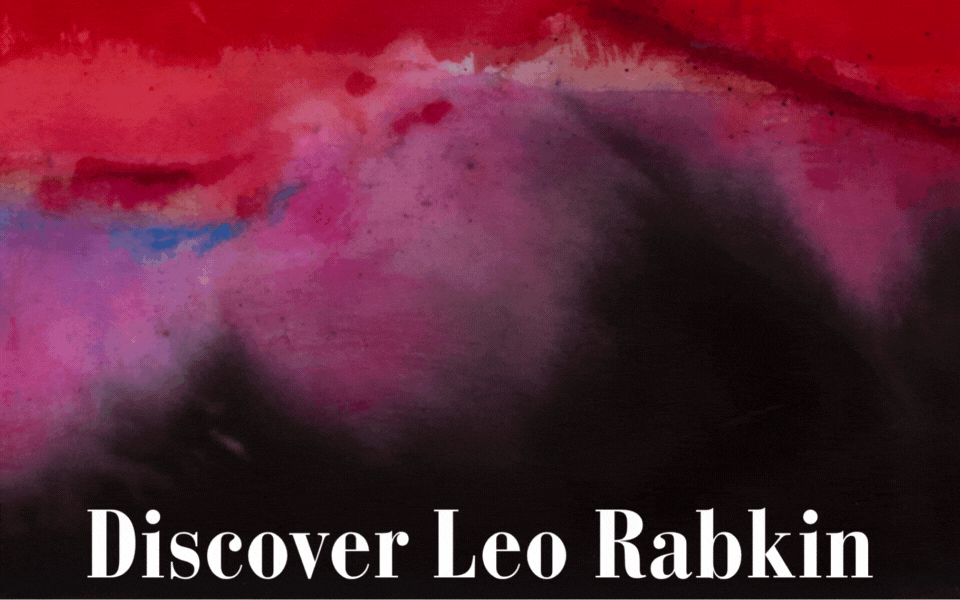
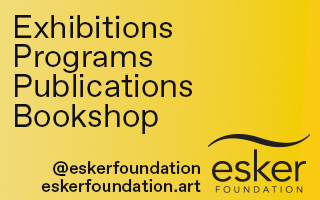
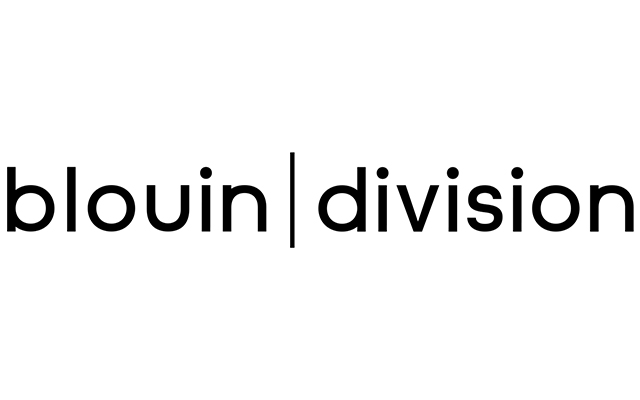
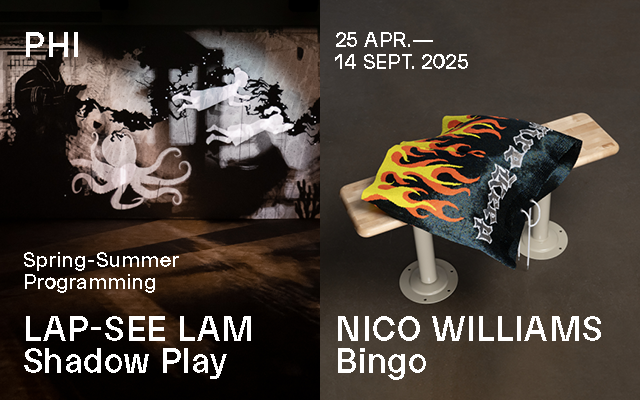
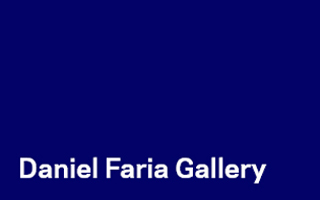
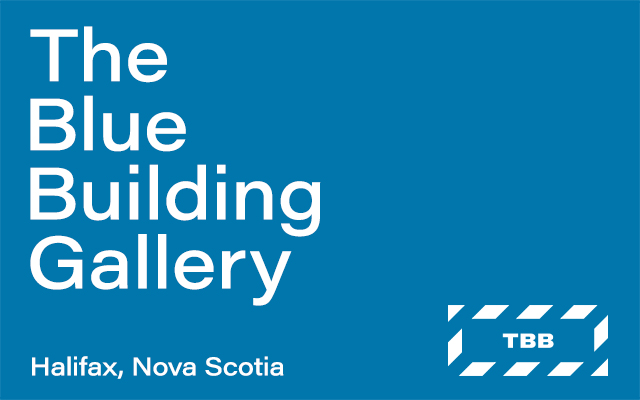
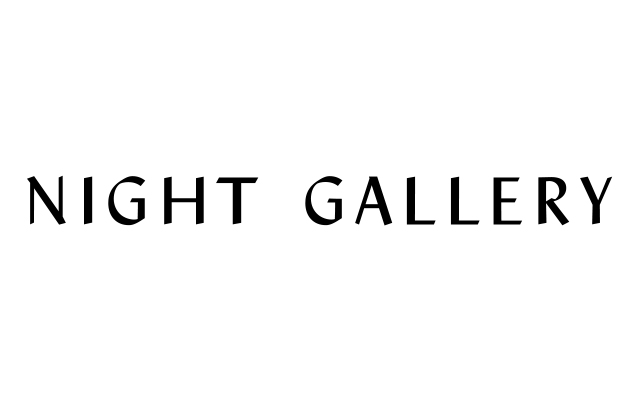
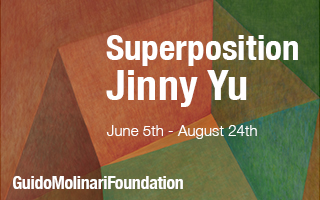
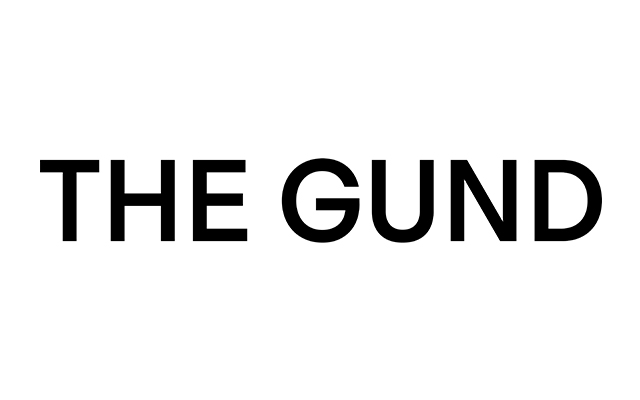
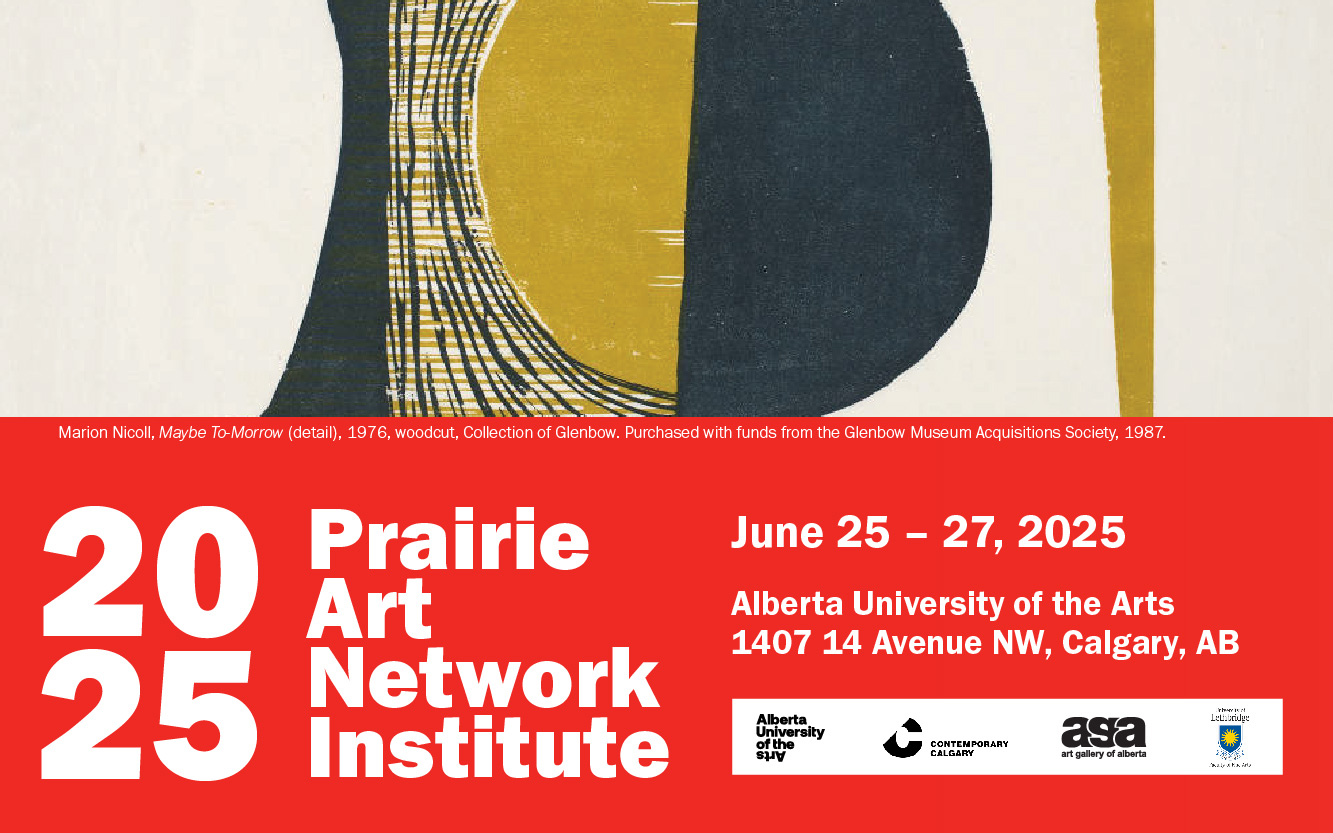

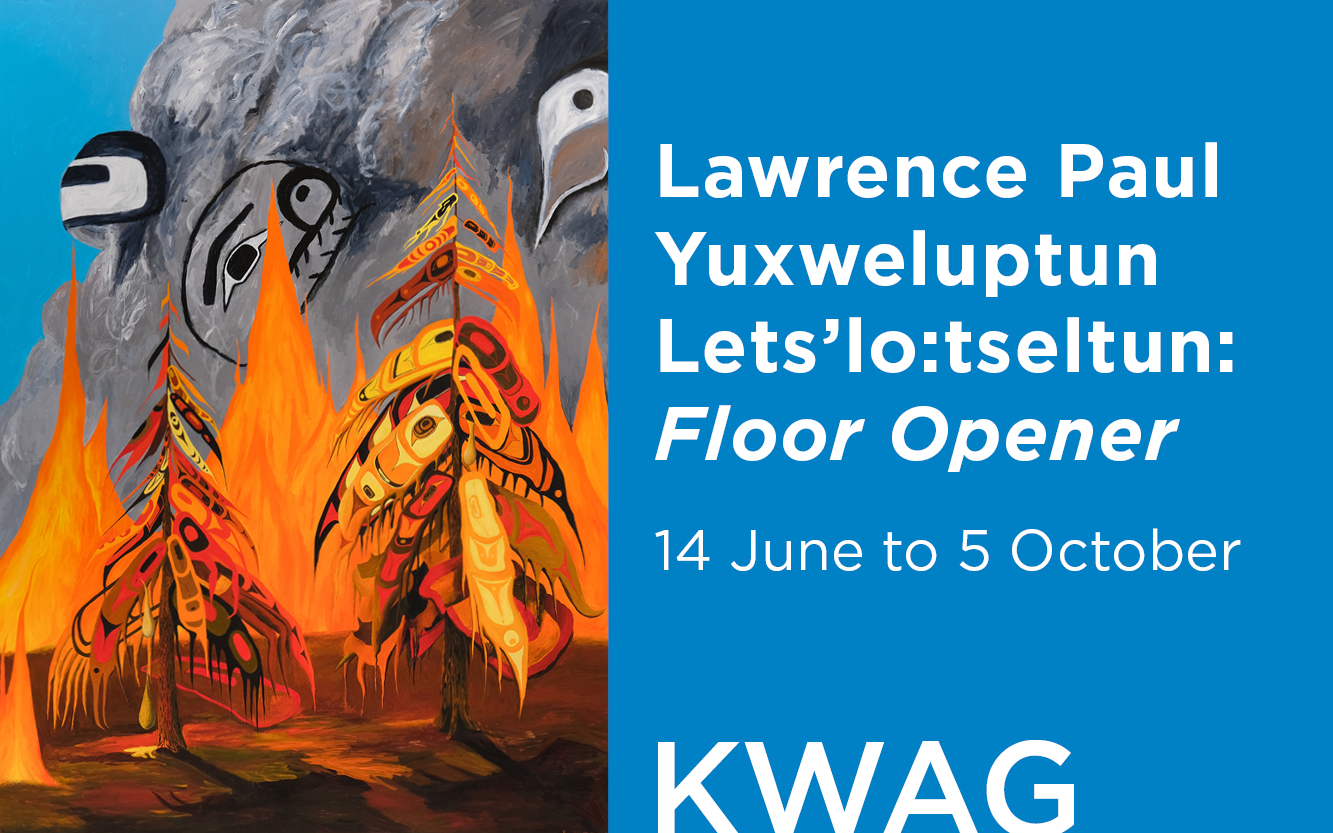


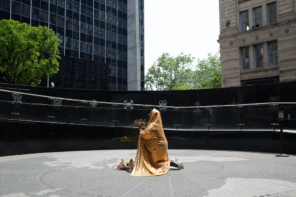
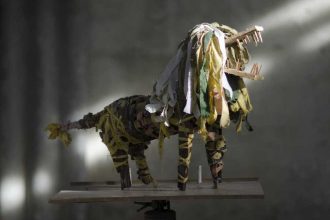
2 Comments